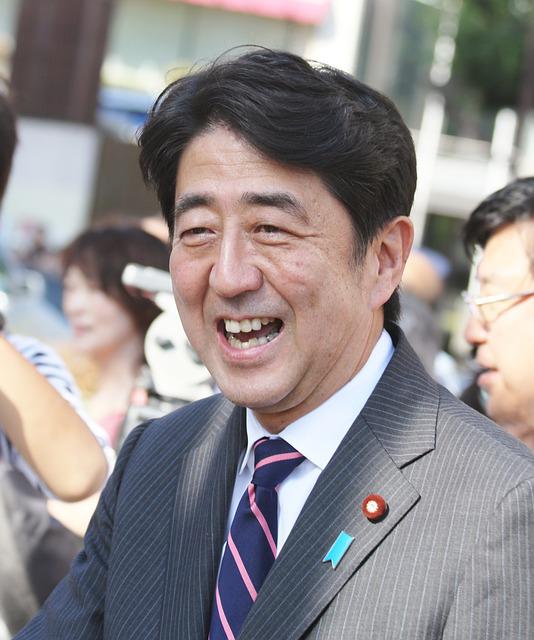
Japan’s decision to give a rare state funeral to former prime minister Shinzo Abe “divided society,” according to the archbishop of Tokyo.
Newsroom (28/09/2022 9:15 PM Gaudium Press) — Prime Minister Fumio Kishida said the publicly financed ceremony was a well-deserved honour for Japan’s longest-serving modern political leader. The event was attended by U.S. Vice President Kamala Harris, Japanese Crown Prince Akishino and other foreign and Japanese dignitaries.
Abe, who was assassinated in July, was one of Japan’s most divisive leaders in the postwar period because of his revisionist view of wartime history, support for a stronger military, and what critics call an autocratic approach and cronyism.
Japan’s main political opposition parties boycotted the funeral, which critics say was a reminder of how pre-war imperialist governments used state funerals to fan nationalism. The government maintains that the ceremony did not force anyone to honour Abe. But the decision to give him the rare honour — which was made without parliamentary debate or approval — and the funeral’s high cost and other controversies have led to anger about the event.
“As the present constitution prohibits any involvement of religions into state function, no religious organization, including the Catholic Church, were involved in the state funeral at all,” said Archbishop Isao Kikuchi.
“Though we would like to show our grief to the death of our former prime minister and also to pray for his eternal rest, we are not sure that the state funeral per se would be the best way to do so as there is no state law or legislation to regulate the state funeral since the end of WWII,” the archbishop said.
“That is the main reason why a number of civil organizations, including the Catholic Justice and Peace Commission, denounced the decision of the prime minister to organize the state funeral, saying, ‘the State is not allowed to interfere in the internal forum of an individual’s way of mourning death’,” Kikuchi continued.
The archbishop also pointed to the fact that the assassin claimed he killed Abe over his connection with the Korea-based Unification Church, which has strong ties with the conservative Liberal Democratic Party.
The Unification Church, officially known as the Family Federation for World Peace and Unification, was founded in the 1950s in South Korea by Sun Myung Moon, who claimed to be the Messiah. Known for its mass wedding ceremonies, the religion is considered a cult by many experts.
However, the religion’s conservative tenets aligned with much of the platform of the LDP, and several high-ranking members of the party are alleged to be affiliated with the group, even if they aren’t adherents to the religion.
“The issue of Unification Church is also delicate as it might touch religious freedom. However, we have to remember that quite a number of victims [of the Unification Church] are still existing in Japan,” said Arch. Kikuchi.
The archbishop said members are forced to make large financial donations to the church, sometimes at unsustainable levels.
“The family of the assassin of Mr. Abe was also broke down because of huge donation made to the church by the mother of the assassin,” he said.
In 1985, Japanese Catholic Bishops declared that the Unification church is not a Christian church.
“It is not clear how deep was the relationship between Mr. Abe and the Unification church. We also do not know what the relationship between the LDP and the Unification church is. If it is true that Mr. Abe has strong tie with the Unification church and was promoting the cause of the church, I am just presuming, then the state funeral could be the endorsement for Mr. Abe’s commitment to the Unification church,” Kikuchi said.
The archbishop said all this controversy led to strong opposition to the state funeral, with half the population saying they disagreed with the decision.
“Unfortunately, this decision of the prime minister, Mr. Kishida, to organize the state funeral divided the society and did not promote the atmosphere to pray for the dead,” he concluded.